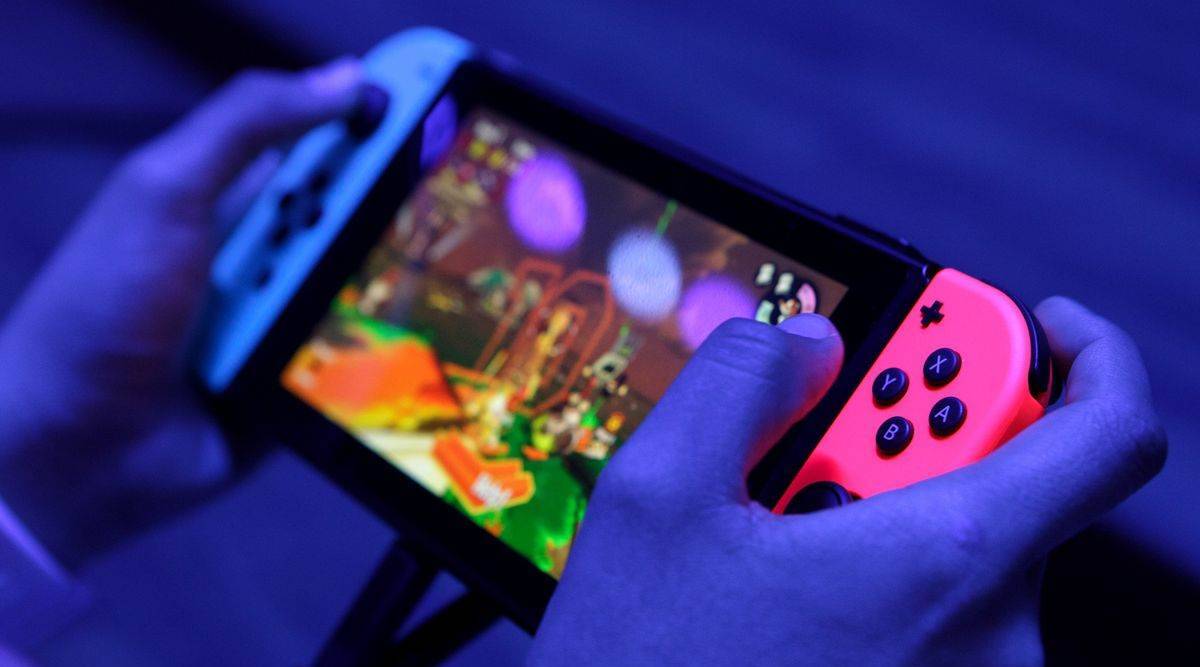21 May , 2022 By : monika singh

Imposing a ‘ban’ and imposing a ‘rule’ on an activity often meet very distinct ends. A ban, more likely than not, turns out to be a bane than a boon because coercive measures are most likely to breed negative outcomes over time. Society is said to function within what public policy experts define as a ‘critical range’—the limits within which society operates in terms of legalities associated. ‘Absolute’ restrictions trigger humans to behave in a way that defies the norms establishing that critical range. More often than not, people are tempted to do what is prohibited.
There has been considerable debate on the social impact of online gaming, backed by questions on its legal credibility. Now is the time to segregate what is considered good, bad, and ugly— and also address the perplexity, taboo, and myths shrouding the online gaming industry that is misconceived as an endorser of gambling or betting. It is of prime importance to distinguish between online gaming and online gambling, the former being a game of skill and the latter, of chance. Science and a knowledge base underlie games of skill, where outcomes of winning or losing are exclusively determined by practice and awareness of the game one participates in. Besides monetary gain by participants, the intrinsic value lies in sharpening cognitive skills in the process of participation. On the contrary, outcomes derived from games of chance are not determined by any form of statistical analysis, but rely merely on trial and error tending towards addiction. Another noteworthy aspect is that apart from attracting high FDI and ensuring high revenue to the exchequer, online gaming platforms generate employment opportunities for technical experts, which has a ripple effect on bolstering the growth of the animation, visual effects, gaming and comics sector.
There has beena lot of controversy over addiction and financial losses as th extreme ramifications of online gaming. However, one needs to acknowledge that the gains from online gaming outweigh the anomalies (which stand out as exceptions in the larger spectrum of events). Further, in order to call out what is ugly, there is an urgency for the Centre to identify and impose penalties on real sites where people indulge in betting or gambling. In fact, offshore gambling sites have been misused for money laundering. The unpredictable ‘ugly’, therefore, calls for a regulatory system defined by progressive policies to monitor and control any possibility of damage. This would consequently strengthen the position of online gaming as a mode of entertainment that has its purpose in creating value in the technological space and adding prominence to ‘Digital India’ on the world stage.
Since there are no defined laws to govern online gaming, the ministry of electronics and information technology opined that online gaming platforms must adhere to the IT Rules 2021’s due- diligence requirements. Hopes are pinned on the new Digital India Act, set to replace the country’s IT Act that dates back to 2000. The latter established the foundational legal framework for dealing with cybercrime and e-commerce participants, defining a code of conduct as well as penalties for its violations. Clearly, it was put into effect at a time when most of today’s cyberspace challenges could not be imagined, and it is now ill-suited to continue governing the online realm.
Without a doubt, India is one of the world’s fastest-growing online gaming markets. Despite the uncertainty surrounding the legal aspect of the sector, there is much to commend here in terms of appreciating how the industry has come of age and reflects the best of both Digital India and Make-in-India. Hearteningly, the prime minister called for more India-made games, acknowledging the growth potential of this sector. While the finance minister also spoke in favour of gaming, an inclusive outlook towards online gaming—amendments to the IT Act 200— would help the sunrise industry thrive with new laws and regulatory frameworks that would enable building on the good, minimising the bad, and eliminating the ugly.
A central law covering the aforementioned aspects is crucial to the future of India’s online skill gaming industry. A clear and well-regulated regime would pave the way for increased FDI. It will not only boost this sector, but also increase transparency and operator accountability to Indian laws. It will also allow consumers to enjoy gaming in a responsible, transparent, and safe environment that is governed by regulations. In fact, for online gaming to thrive in a healthy operating space, the states can take action against illegal betting websites with support from the gaming industry. Besides, if consumer-interest groups were to be involved in anti-gambling efforts, it would spread awareness and provide forums to report and condemn illegal platforms. A thorough classification of varieties of online games could enable targeted rule-making by factoring in any risks involved. Such a solid framework in the form of a revised IT Act would be effective in distinguishing skill-based games from gambling.
0 Comment